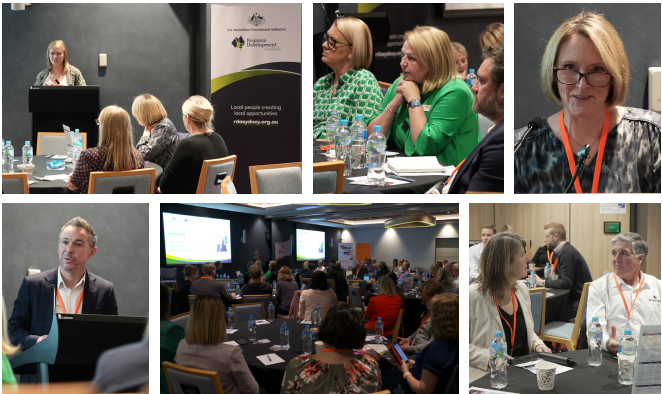Sydney looks at circular economy solutions
Overview
RDA Sydney has developed strong partnerships with key decision makers in relation to transitioning to a circular economy. During 2022-2023 RDA Sydney has delivered workshops to its peri-urban produce growers and a major event on organic waste.
In partnership with Penrith City Council, RDA Sydney delivered a forum aimed at dissecting what many industry players call a wicked problem. A problem that, despite being underpinned by a suite of policy statements is not so easy to solve and presents many challenges for the building and construction sector which generates large volumes of ‘waste’ and recoverable materials.
Objectives
The event’s primary objective was to bring together policy makers, innovators, industry peak bodies and the local business community to share their expertise. Stakeholders examined ways of managing environmental, economic and social impacts of building and construction waste in a circular economy.
RDA Sydney set out to illustrate the value of investing in local enterprises and showcasing what can be achieved by a collective “can-do” approach to problem solving.
The second objective was to tease out the challenges and benefits of compliance with new green building guides, regulations and codes of practice. Presentations from Circular Australia and NSW Environment Protection Agency provided regulatory context, and a mapping tool was launched that highlights the ‘waste makers’ and ‘waste takers’ for the construction sector in a particular region.
A third objective was to unite and network the business community with industry and government.
Key Learnings
The forum demonstrated the willingness of stakeholders in the building and construction sectors to adapt and shift towards sustainable practices and to improve the uptake of recycled products.
Whilst the forum didn’t set out to solve the “wicked problem”, common ground was found and an upswing of willingness and enthusiasm for more collaboration, better data, information sharing and support for new initiatives from both the public and private sectors.
Transition strategies to support businesses adopt circularity do exist, but implementation is complex and can be costly in the short term.
Audience feedback indicated local roadmaps are required to guide and explain the regulatory requirements, there is a need to demystify incentive schemes and more resources are required to support networks for local communities and businesses. These factors are essential to ensure the take-up of new opportunities the circular economy offers in both a regional and metropolitan setting.

Published 21/11/2023



